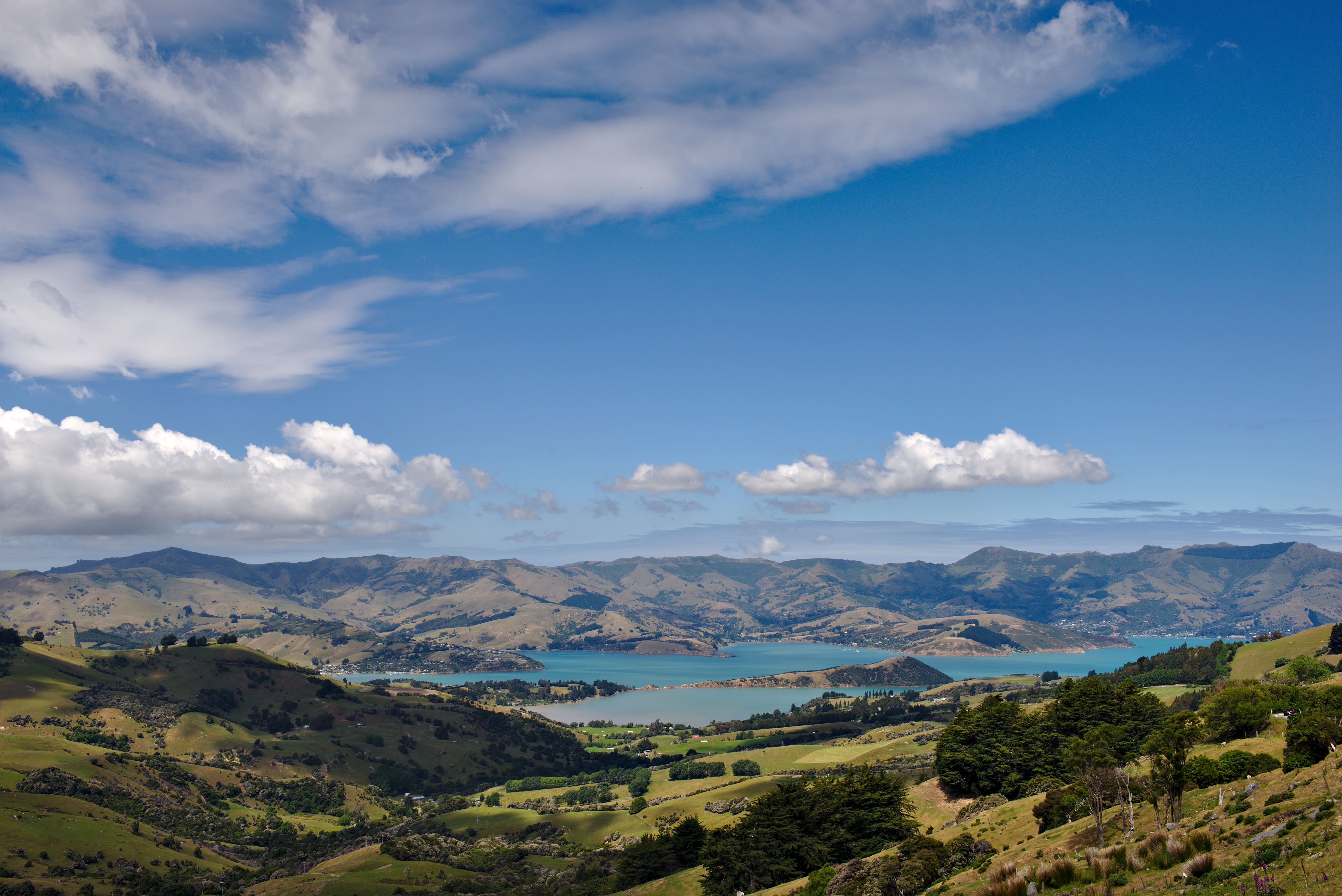Not 100% – but four steps closer to sustainable tourism

Bruno d'Auria, Flickr
The Commissioner is urging the Government to take advantage of the pause in international tourism to transform the sector to one with a substantially smaller environmental footprint.
New Zealand’s tourism industry has grown rapidly in recent decades but Covid-19 has brought international tourism activity to a halt, threatening the livelihoods and commercial viability of many of New Zealand’s tourism-related businesses.
But tourism is not as environmentally benign as it’s made out to be, and the discontinuity created by the pandemic offers an opportunity to address some of the long-standing environmental and social issues associated with the industry.
This report puts forward four proposals that could make a real difference to some of the problems outlined in the Commissioner’s 2019 report, Pristine, popular… imperilled? The environmental consequences of projected tourism growth.
- Introduce a departure tax that reflects the environmental cost of flying internationally from New Zealand, and use the revenue to support the development of low-emissions aviation technologies and provide a source of climate finance for Pacific Island nations.
- Make any future central government funding for tourism infrastructure conditional on environmental criteria and aligned with mana whenua and the local community’s vision for tourism development.
- Clarify and, where necessary, strengthen the tools the Department of Conservation can use to address the loss of wildness and natural quiet at some of Aotearoa’s most spectacular natural attractions. This includes tightening up rules around commercial activity on conservation lands and waters.
- Strengthen the existing standard for self-contained freedom camping, improve oversight of the certifying process and require rental car agencies to play a greater role in collecting freedom camping infringement fees and fines.

